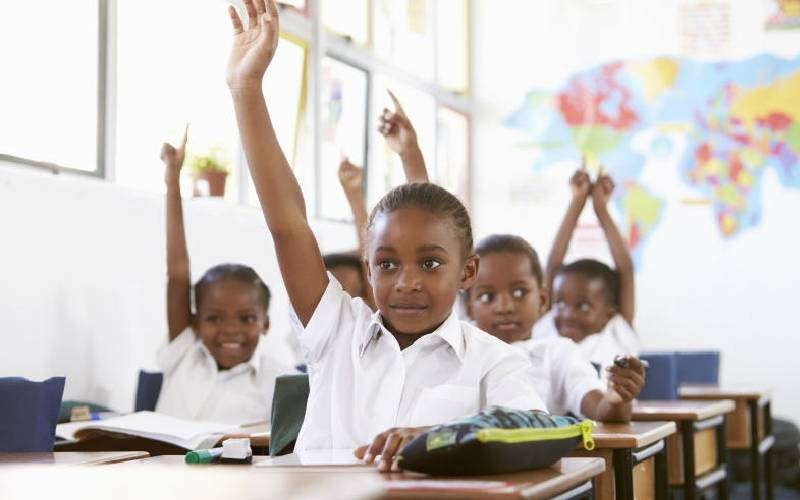×
The Standard e-Paper
Fearless, Trusted News

Learners under the Competency-Based Curriculum (CBC) can now breathe a sigh of relief after the government reduced the number of subjects and lessons.
In new changes, primary education has been divided into two- lower and upper- and the number of subjects reduced by two at each level.